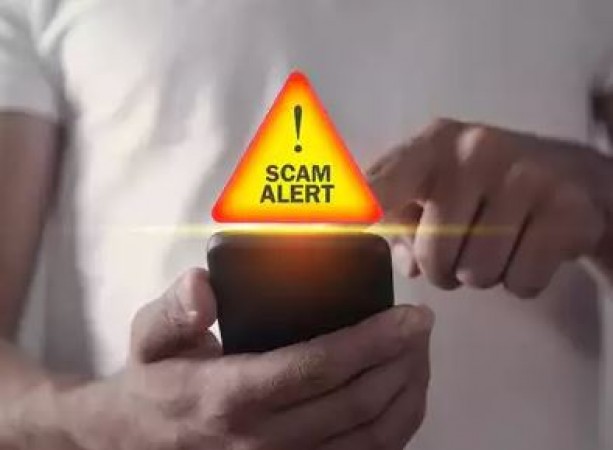
In today's digital age, the internet has become an integral part of our daily lives, revolutionizing the way we communicate, work, and manage our finances. However, along with its numerous benefits, the online world also poses significant risks, especially when it comes to the security of our financial information. Government authorities are increasingly concerned about the growing threat of cybercrime and are issuing warnings to citizens about the dangers of using the internet carelessly, as it could lead to the depletion of their bank accounts. Here's what you need to know to safeguard your hard-earned money:
Cybercriminals often use deceptive techniques like phishing emails or fake websites to trick individuals into revealing their sensitive financial information, such as login credentials or credit card details.
Malicious software, or malware, can infect your computer or mobile device through downloads, attachments, or links, giving hackers access to your banking information and enabling them to conduct unauthorized transactions.
Criminals may steal your personal information, such as your social security number or date of birth, to impersonate you and gain unauthorized access to your bank accounts or apply for loans and credit cards in your name.
Using weak or easily guessable passwords for online banking accounts can make it easier for hackers to gain unauthorized access and siphon funds from your account.
Create strong, unique passwords for each of your online accounts, incorporating a mix of letters, numbers, and special characters, and avoid using easily guessable information like birthdays or pet names.
Enable two-factor authentication (2FA) whenever possible, adding an extra layer of security by requiring a second form of verification, such as a code sent to your mobile device, in addition to your password.
Be cautious of unsolicited emails, messages, or phone calls requesting your financial information, and avoid clicking on suspicious links or providing sensitive details unless you're certain of the sender's legitimacy.
Regularly update your operating system, antivirus software, and other applications to patch security vulnerabilities and protect against the latest threats.
Frequently review your bank account statements and transaction history for any unauthorized or suspicious activity, reporting any discrepancies to your financial institution immediately.
Avoid accessing your online banking accounts or conducting financial transactions over public Wi-Fi networks, as they may be vulnerable to interception by cybercriminals.
Install reputable antivirus and antimalware software on all your devices, including computers, smartphones, and tablets, and regularly scan for threats to prevent malware infections.
As cyber threats continue to evolve and become more sophisticated, it's crucial to remain vigilant and take proactive measures to protect your bank account and personal information from falling into the wrong hands. By following the government's warning and implementing these security best practices, you can minimize the risk of having your finances compromised and enjoy a safer online experience.
Tata-Owned Air India Cuts 180 Jobs, Cites Business Streamlining
Top 10 Wholesale Business Ideas
You can register the location of your home on Google Maps, know the process